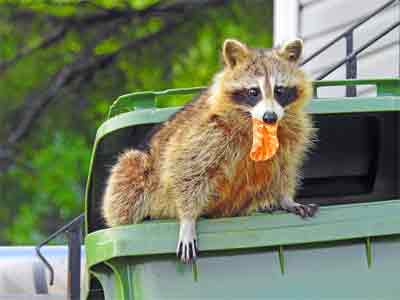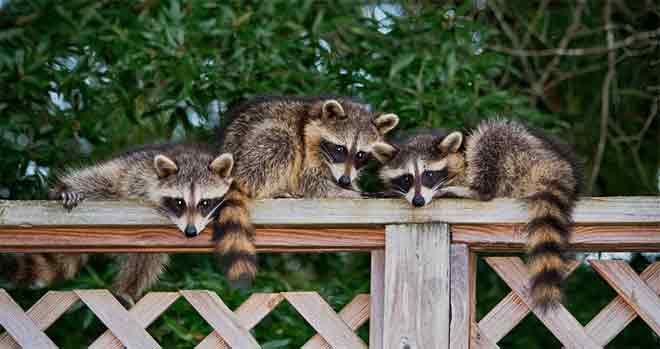It is well known that raccoons can adapt to a changing environment without difficulty. That is why these animals can create so many problems for us with the damage they make, you can find raccoon removal near me. Raccoons create havoc in fishponds, garbage cans and even in our own homes; a small door for your pet is like having a welcome mat for any passing raccoon.
Raccoons will also enter your attic, porch or most other inviting nooks in your home; the storm sewers in underground roadways will also attract these resourceful creatures. They can damage crops and, if they get into your chimney, the noise they make can infuriate you after a while.

You might be forgiven if you imagine you have a raccoon invasion in your home. You may be mistaken; this is because any disturbance or damage may in fact be the due to a pet. So, first of all, you must be sure that a raccoon is truly to blame for any problems.
Here’s some raccoon hunting tips. If you can’t actually see any raccoons, you could look around for their tracks. Get together some nontoxic powders, flour, and cornstarch, which will help you identify footprints on hard surfaces. You should bear in mind that you can start to hear raccoons in attics or chimneys when darkness approaches; they usually desist at sunrise. When they are moving around, the noises that raccoons make can assist you in their detection. Purring sounds will indicate that there are young cubs around and when the mother raccoon returns to their den, you will most likely hear these noises.
If raccoons are causing you problems, it might be advisable to wait. They have been known to move out of buildings after a short period of time – a few weeks or even just a few days. On the other hand, if your raccoons have cubs, you will have to plan to tolerate them for up to nine weeks. That’s because, until they are nine weeks old, the cubs are quite helpless and unable to look after themselves and the family won’t budge until the young are ready to move out.
Here’s how to get rid of raccoons. If your attic or chimney is unblocked, then the animals may use it to rear their young family. To hasten their departure, you might consider making noises to disturb them – leave the lights on in your attic, and put the radio on loud.
When, finally, you are sure that your raccoons have moved out, you should make it a priority to cap your chimney to prevent the raccoons from returning. It would be unwise to light a fire or put smoke up the chimney too soon after the raccoons leave, as any cubs left alone will be helpless and unable to escape.
As far as gardens and yards are concerned, you ought to put your cans at the curb on garbage collection-day, and tightly secure the lids. Suet, grapes, corn and birdseed all attract raccoons; worse, these creatures can create a huge mess in your vegetable garden – especially when you’re about to harvest your garden produce.
In summary, it will be time well spent if you can make plans to discourage raccoons from visiting your home and garden. Once you are visited by these annoying animals, they can leave you with a lot of problems. Preparation beforehand will save you a lot of grief.



